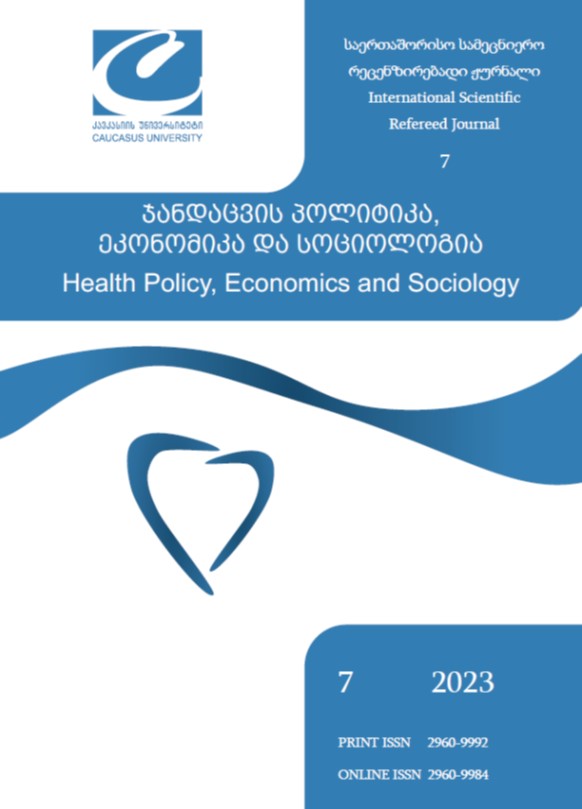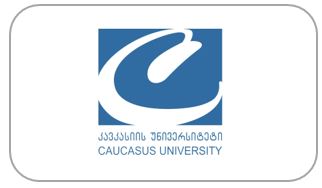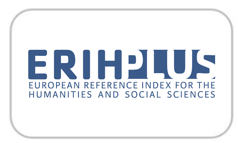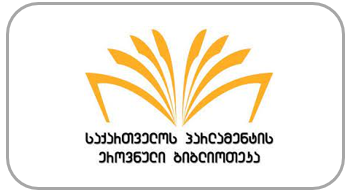გრიპის და რესპირატორული ვირუსის ეპიდემიოლოგიური მახასიათებლები ბავშვებში
საკვანძო სიტყვები:
საქართველო, ბავშვებზე ზრუნვა, რესპირატორული სინციტიალური ვირუსი, გრიპიანოტაცია
შესავალი. გრიპი და რესპირატორული სინციტიალური ვირუსი (RSV) არის მძიმე მწვავე რესპირატორული დაავადებების მნიშვნელოვანი მიზეზები პედიატრიულ პაციენტებში მთელ მსოფლიოში. კვლევის მიზანი იყო საქართველოში ჰოსპიტალიზირებულ ბავშვებში რესპირატორული სინციტიალური ვირუსის და გრიპის ვირუსებთან დაკავშირებული ინფექციების ეპიდემიოლოგიური მახასიათებლების შედარება. ამ ორ ძირითად რესპირატორულ ვირუსულ ინფექციას შორის განსხვავებების შესახებ კლინიკური მონაცემების არსებობა შეიძლება გავლენა იქონიოს შემთხვევების სათანადო მართვაზე. მეთოდოლოგია მოიცავდა რეტროსპექტულ შემთხვევის სერიას. ამ მიზნით შემუშავდა სპეციალური კითხვარი. შესწავლილ იქნა ლაბორატორიულად დადასტურებული გრიპის და RSV შემთხვევების 2021-2022 და 2022-2023 წლებში გრიპის სეზონზე ბავშვთა საავადმყოფოში არსებული მონაცემები. მიღებული მონაცემები გაანალიზდა EPI Info 7.2.5.0-ის გამოყენებით. შედეგები. გრიპმა და რესპირატორული სინციტიალური ვირუსმა შეიძლება გამოიწვიოს სერიოზული რესპირატორული პრობლემები, განსაკუთრებით ქრონიკული დაავადებების მქონე მცირეწლოვან ბავშვებში. ამიტომ, დროული ანტივირუსული მკურნალობა და ყოველწლიური გრიპის ვაქცინაცია რეკომენდირებულია ძირითადი დაავადების მქონე ბავშვებისთვის გართულებების თავიდან ასაცილებლად და ჰოსპიტალიზაციის დროის შემცირების მიზნით.
ჩამოტვირთვები
გამოქვეყნებული
როგორ უნდა ციტირება
გამოცემა
სექცია
ლიცენზია

ეს ნამუშევარი ლიცენზირებულია Creative Commons Attribution-ShareAlike 4.0 საერთაშორისო ლიცენზიით .













